Checks and balances – ZOA’s certified commitment
Checks and balances – ZOA’s certified commitment to crisis-hit communities
May 2020
As an international relief and recovery organisation, ZOA supports vulnerable people affected by crisis in more than 15 fragile states. Their field staff provide direct assistance to some of the most vulnerable victims of displacement in the world.
An interview with Gerard Hoovield.
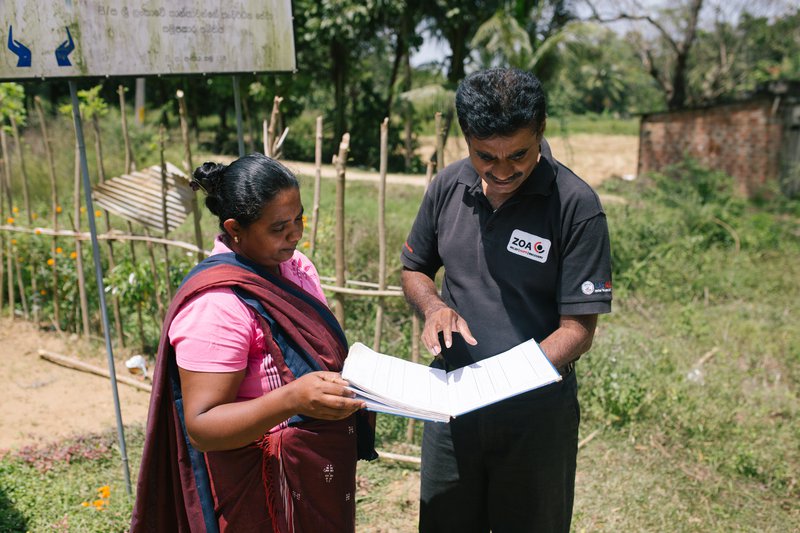
Why did ZOA decide to undertake certification against the CHS?
Putting people at the heart of humanitarian action is reflected in our vision and mission. ZOA has a long tradition of investing in accountability; that’s why we became an active member of the CHS Alliance in 2016 and completed a CHS self-assessment, verified by the CHS Alliance, in 2017 before starting the CHS certification process with HQAI. We decided to embark on the certification journey
with the Humanitarian Quality Assurance Initiative (HQAI) to get an external view on how well we are applying the CHS Commitments. We really wanted to see whether our internal quality system meets the international standard, and to of course learn and improve from an external review. “Trust alone is not enough in today’s world. More is required, namely a system of checks and balances and robust mechanisms of collecting evidence and proof to demonstrate your commitment to accountability towards affected communities.”
What surprised you about CHS certification? What did you learn?
Overall, certification results were very positive and reflected what we already knew: our long-lasting tradition of working closely with affected communities. The communities consulted confirmed they had a good relationship with ZOA staff and that they felt comfortable talking to them. They also reassured us that they were asked about their interests and needs before the project development, that they were involved in learning discussions, and that ZOA quickly implemented planned work. “However, ZOA was surprised to learn about our lack of documented evidence on complaint handling. Although we received feedback and complaints orally, and implemented them directly in the field, we had not developed a coherent global system to properly handle our complaints.”
Honestly, we did not see these results coming. They actually caused some really interesting discussions within ZOA that led to us invest significantly in formalising these mechanisms.
Throughout the process we also learned so much on operationalising protection against sexual exploitation, abuse and harassment (PSEAH).
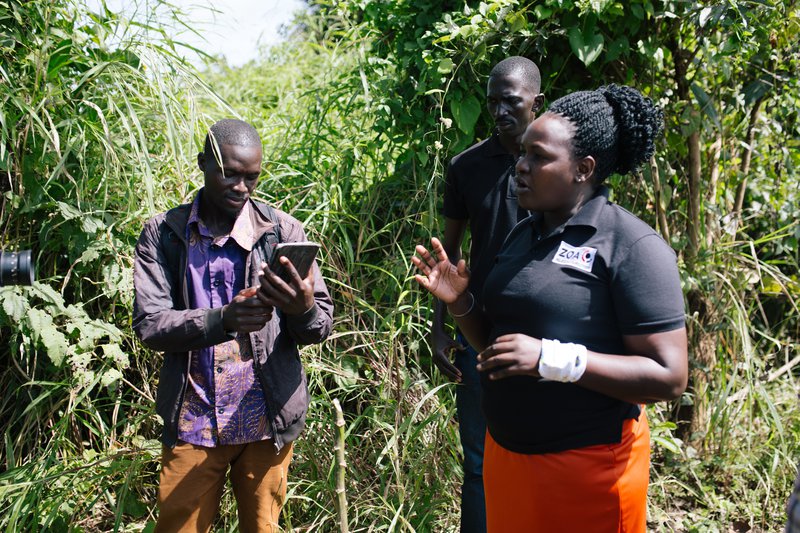
Have you made any big changes since undergoing CHS certification?
One major change we’ve made is developing ZOA’s Integrity Framework. The Framework consists of three pillars:
- The revised ZOA Code of Conduct outlining the standard of behaviour ZOA expects from staff and volunteers. This includes our firm commitment to PSEAH and Child Protection.
- Standards for how staff, affected communities and other key stakeholders can report a grievance or complaint with reference to the ZOA Code of Conduct or any aspect of our work.
- Procedures for addressing complaints received and who is responsible for coordinating and handling complaints (either programmatic, PSEAH related, or fraud/corruption).
The Integrity Framework roll out started early in 2020 and is supported by dedicated training at the Directors’ conferences, in all country teams and at regional workshops. The idea is to have an overarching framework that is adapted to local circumstances. Due to the COVID-19 crisis we have moved trainings online, hopefully we can follow up later in the year with field level trainings too.
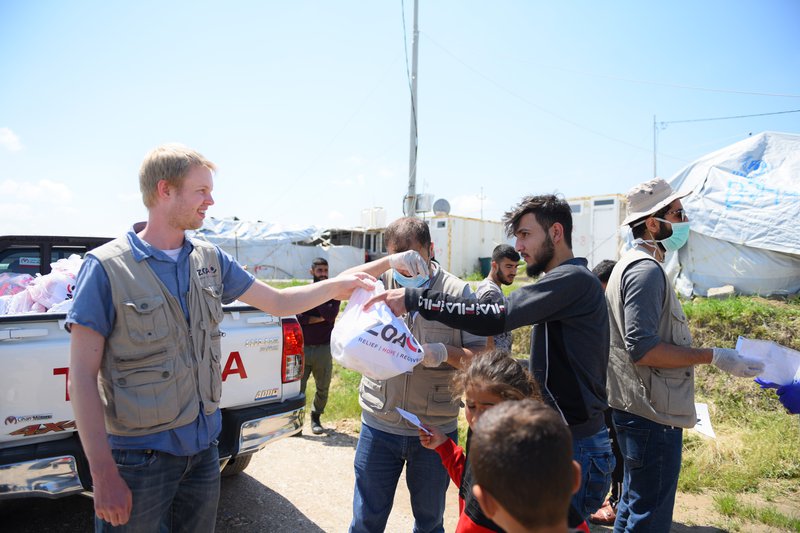
How does CHS certification compare to other audits?
We are also undergoing an ISO audit and have started the ECHO Framework Partnership Agreement (FPA) assessment. Compared to these, CHS certification provides more tools and supporting documents to set up a coherent quality management system.
“In addition, HQAI auditors visited not only our headquarters, but also country programmes taking place in the field. They directly interviewed our staff, partners and most importantly the people affected by crisis.”
We see similarities in focus between the ECHO FPA assessment, the ISO audit and CHS certification. We believe that the CHS Commitments and the systems we have built from undergoing certification are the building blocks necessary for the other audits.
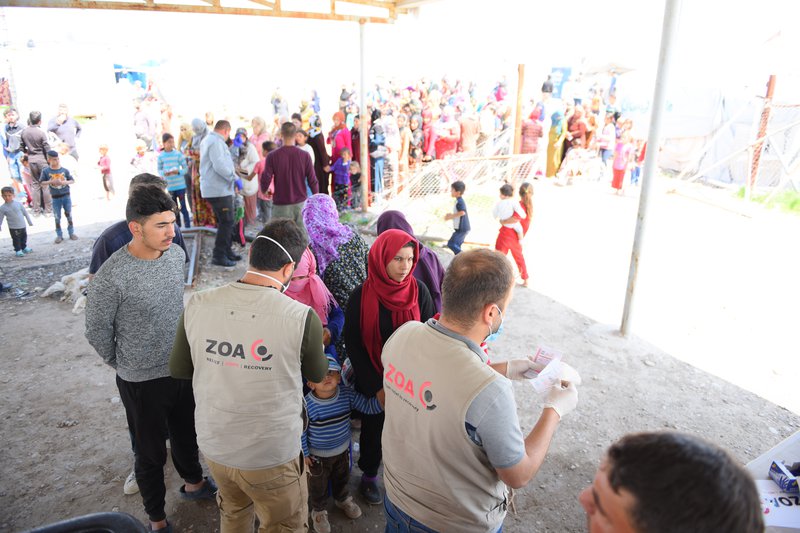
Would you recommend other organisations to undertake CHS certification?
“The certification process was intense, there were moments of joy and moments of pain.”
I would encourage every aid organisation to really understand and invest in the CHS Commitments as they are truly fundamental to our work. However, depending on the size of an organisation they should consider the different CHS verification options. Getting certified requires developing systems and procedures, applying and embedding them in working processes, as well as sustained monitoring.
Overall, CHS certification helped us to cross the ‘accountability bridge’, spurred on needed actions, and got us to where we are today.
Learn more about CHS verification
HQAI would like to express its profound gratitude to Gerard Hoovield and ZOA for sharing their experience with us.
Interview conducted by Annina Hunziker, Marketing & Communication Assistant at HQAI.
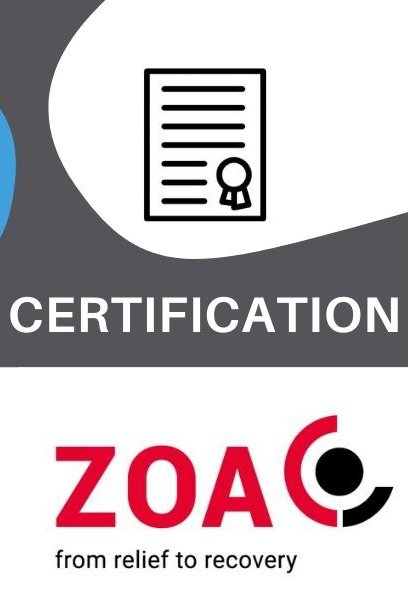
Category